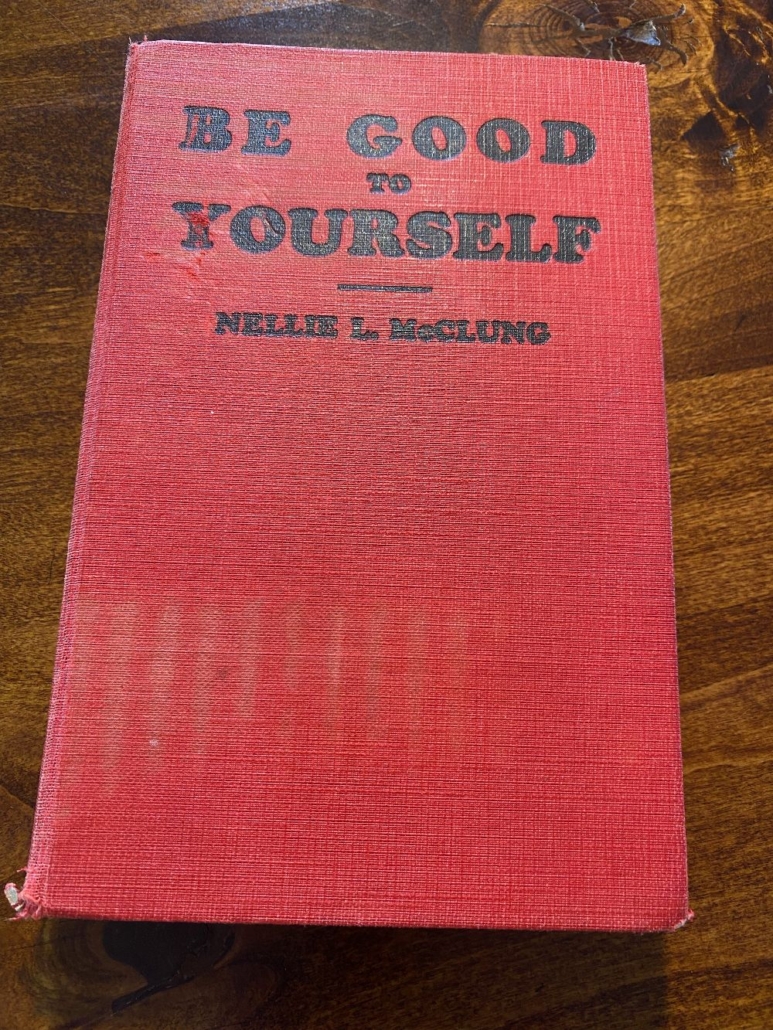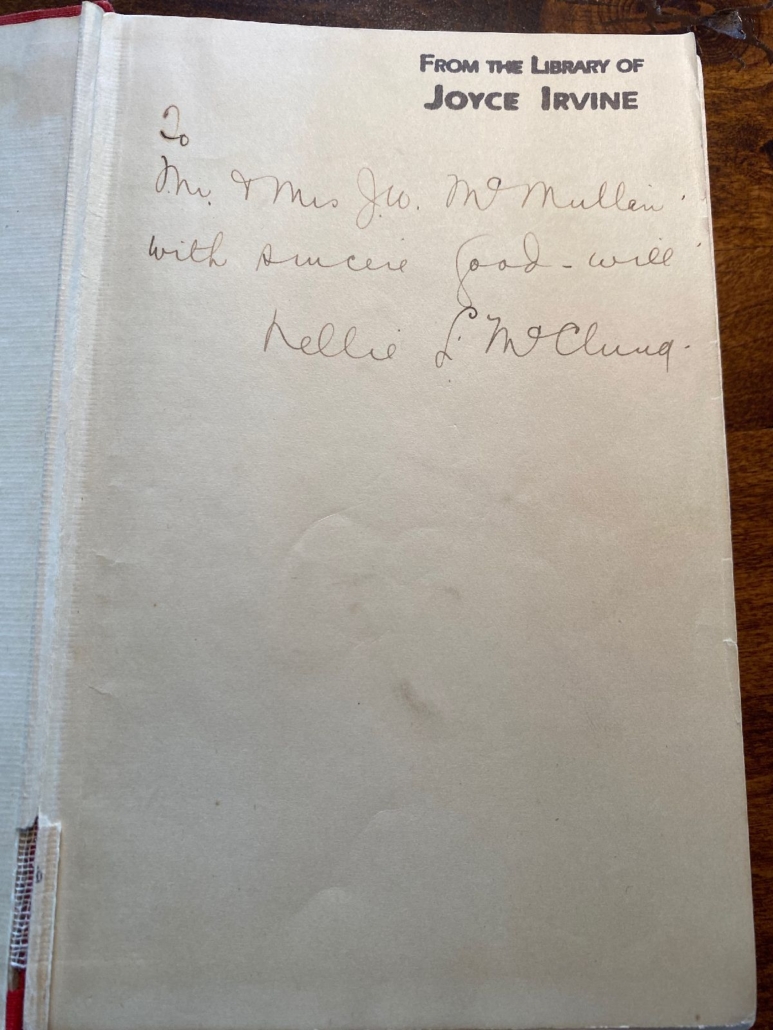Dealing with Disruption and Disorder – The Authentic Way
Disruption and disorder have always been a part of the human condition. This reality is often seen at a global level, as in the brutality of terrorism and war, and sometimes more personally, as in the sudden arrival of an illness, an injury, or a personal betrayal. Our work is to embrace times of great difficulty honestly and courageously through the lens of authenticity, allowing the pain to break us open so a stronger, wiser, and kinder self can emerge.
When faced with a global disruption or a personal tragedy, will you become a better person from the disturbance, or will you distract yourself and miss the growth opportunity? Will you use this time to develop your authenticity and connect more deeply with yourself and the world around you, or will you look for diversions to drown out your pain?
Specifically, how can disorder in the world or in our lives make us better people? Here are three simple strategies to resist the tendency to distract during times of disruption and instead take the road less traveled to deepen our authenticity.
Disconnect to connect. Periods of disruption lead to the allure of escapism, particularly the kind that technology can offer to alleviate emotional pain. Programs on our devices are designed to give us relief by drowning out grief. Does the escape these devices offer actually lead to greater well-being? We’d be hard pressed to claim these devices will pilot us into increased mental health.
Connect with your emotions. Binge watching shocking news is different than connecting with your own experience. Take time to ask yourself a few questions:
- How are these atrocities affecting me? What is my own inner experience?
- How do I respond to the endless images reminding us of the wars in the world?
- How do I process the scenes of horror, the carnage in Israel, the Gaza, Ukraine?
- How do I process the grief?
Last evening, I sat with a friend, who was putting her parents, who stayed with her in Canada over the summer, on a plane back to Israel. They are in their seventies and want to get home to do what they can. Sitting with this woman for just a few moments yesterday made the war more real to me. Connect to yourself. Connect to others. Let life touch you. Don’t let it consume you, but let it touch you, even briefly.
Clarify your values. In search of authenticity, I am inspired by the words of Brad Stulberg in his book, Master of Change, about how to navigate unavoidable upheaval; that a more sustainable response to change can be found in your core values:
When you feel the ground shifting underneath you, when you don’t know your next move, you can ask yourself, how might I move in the direction of my core values? … The portability of core values means that you can practice them in nearly all circumstances. Thus, they become a source of stability throughout change, forging the rugged boundaries in which your fluid sense of self can flow and evolve. Nothing can take your values away from you. They provide a rudder to steer you into the unknown.
There are times in our lives when we are on narrow roads. At those times, we are fools if we try to maintain our usual speed. Disruption is a time to s-l-o-w d-o-w-n when the world seems to be speeding up. Stop and get your bearings. Reset your compass. Clarify your values and renew your commitment to take the small actions that can make a big difference within your sphere of influence.
Value-driven responses are not as immediately enticing as a manic digital escape. These escapes, Cal Newport reminds us: inevitably reveal themselves to be transient and the emotions they’re obscuring eventually return. If you can resist the allure of the easy digital palliative and instead take on the heavier burden of meaningful action, a more lasting inner peace can be achieved.





